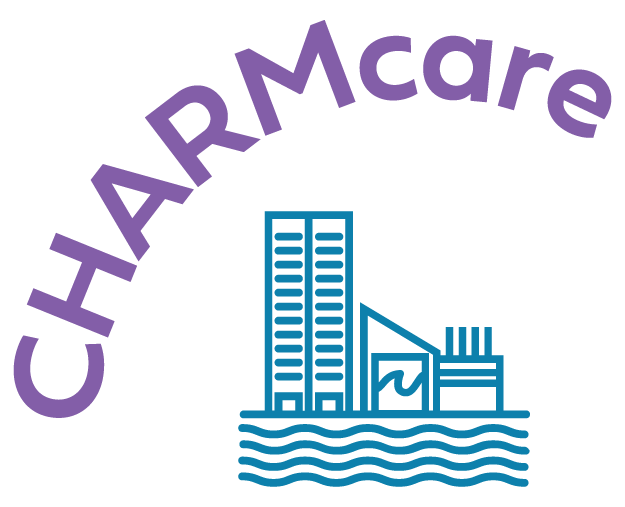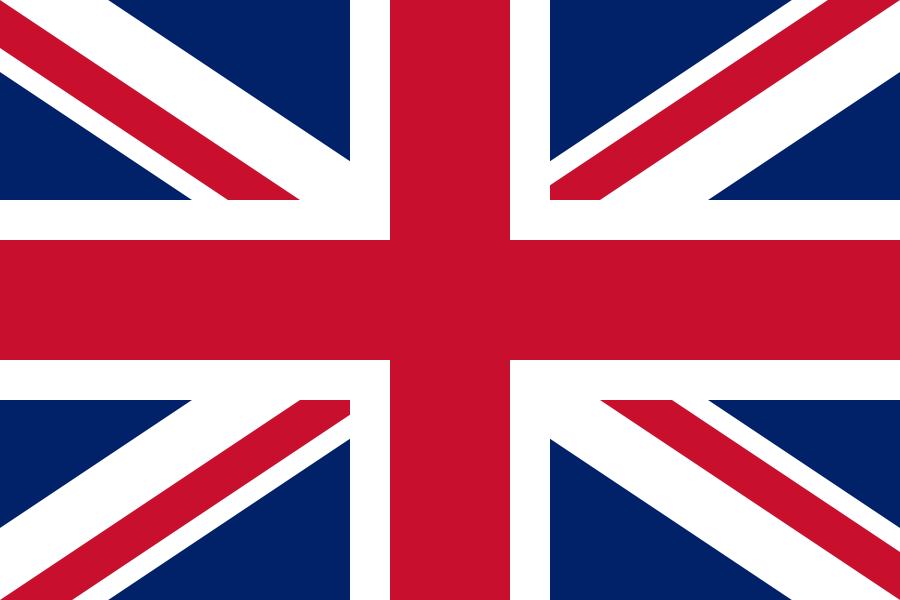Sheppard Pratt Health System - Towson Campus
Sheppard Pratt Health System
ABOUT
Provides mental health, substance use, developmental disability, special education, and social services.
People We Serve
Varies based on the service but children, adolescents, young adults, adults, and older adults are served.
Phone
(410) 938-3000 voiceLocation
6501 N Charles StBaltimore, MD 21204
Website
www.sheppardpratt.org/
info@sheppardpratt.org
General Information
Offering mental health, special education, co-occurring disorders, developmental disability, and social services. Provide inpatient treatment (children, adolescents, adults, older adults); specialty services (trauma disorders, eating disorders, The Retreat at Sheppard Pratt, co-occurring disorders, neuropsychiatry, sports psychiatry); day hospitals; intensive outpatient programs; outpatient programs; crisis services; ECT; TMS; and more.







